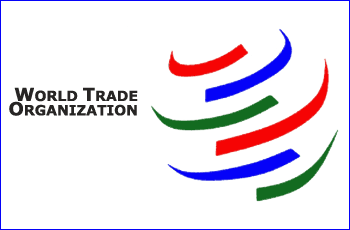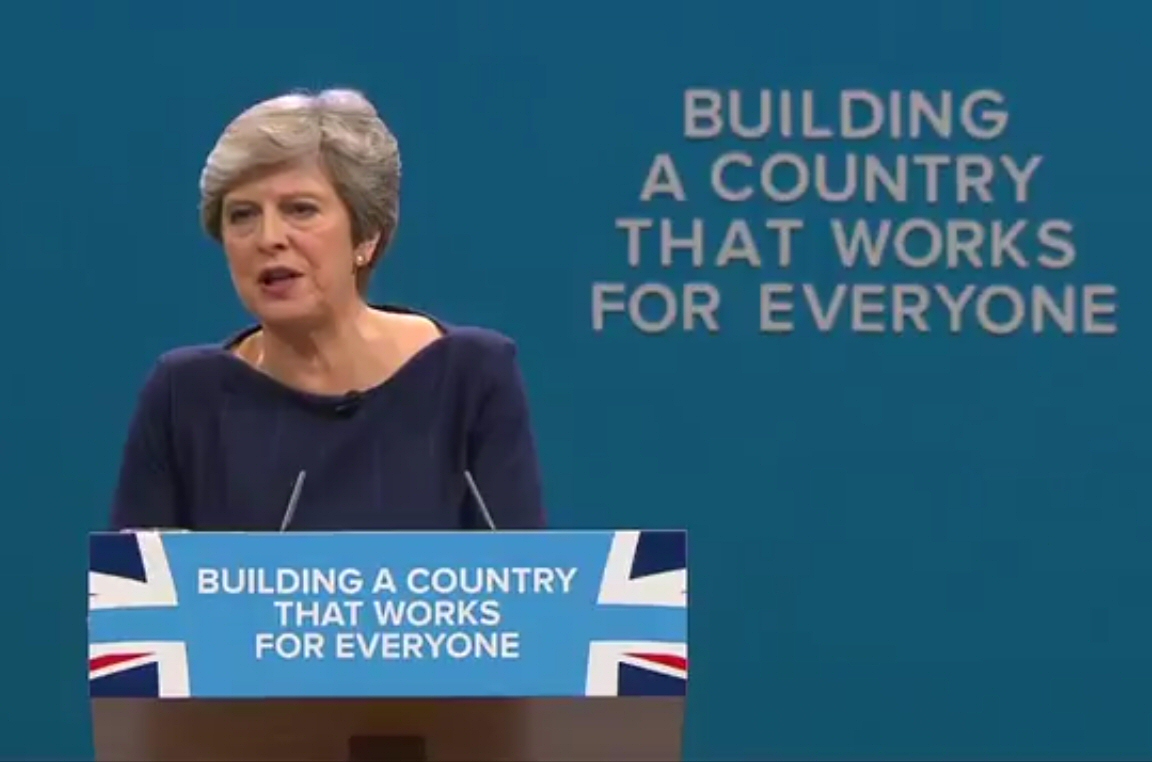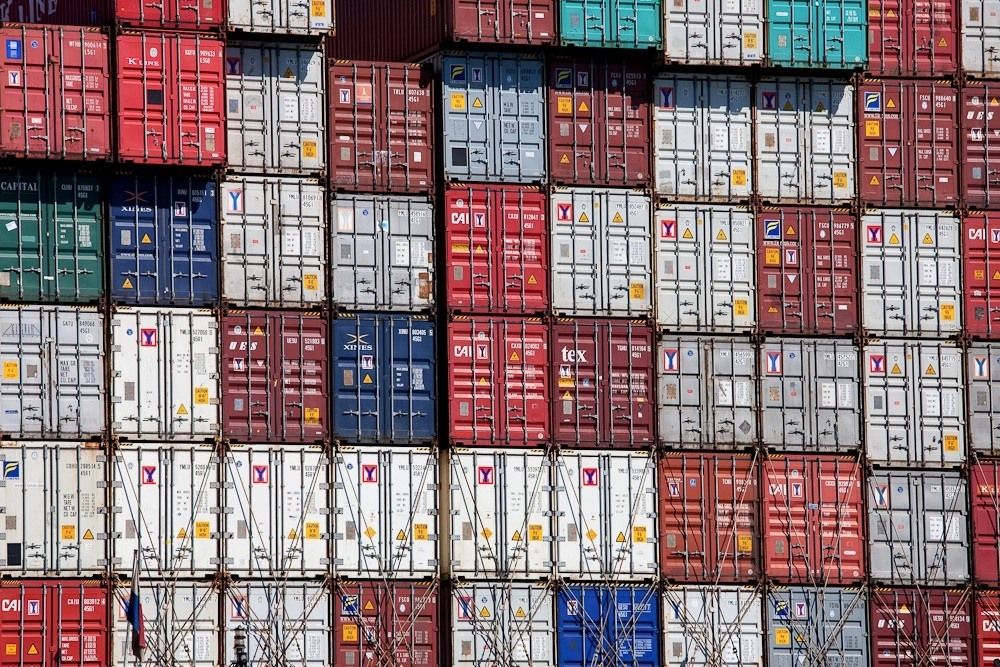The UK election has resulted in a resounding victory for the Conservative Party under Boris Johnson with its manifesto call to ‘get Brexit done’. The Conservatives won 365 seats, Labour 203, Scottish National Party 48, Liberal Democrats 11, the Northern Ireland Democratic Unionist Party 8, and other parties 15 seats giving the Conservative Party a thumping 80-seat majority.
One interpretation of the result is that a majority in the UK has now voted for Brexit. However, counting the votes cast instead of seats won shows a slight majority (52-48) voted in favour of parties that were opposed to Brexit or wanted a second referendum.… Read the rest






